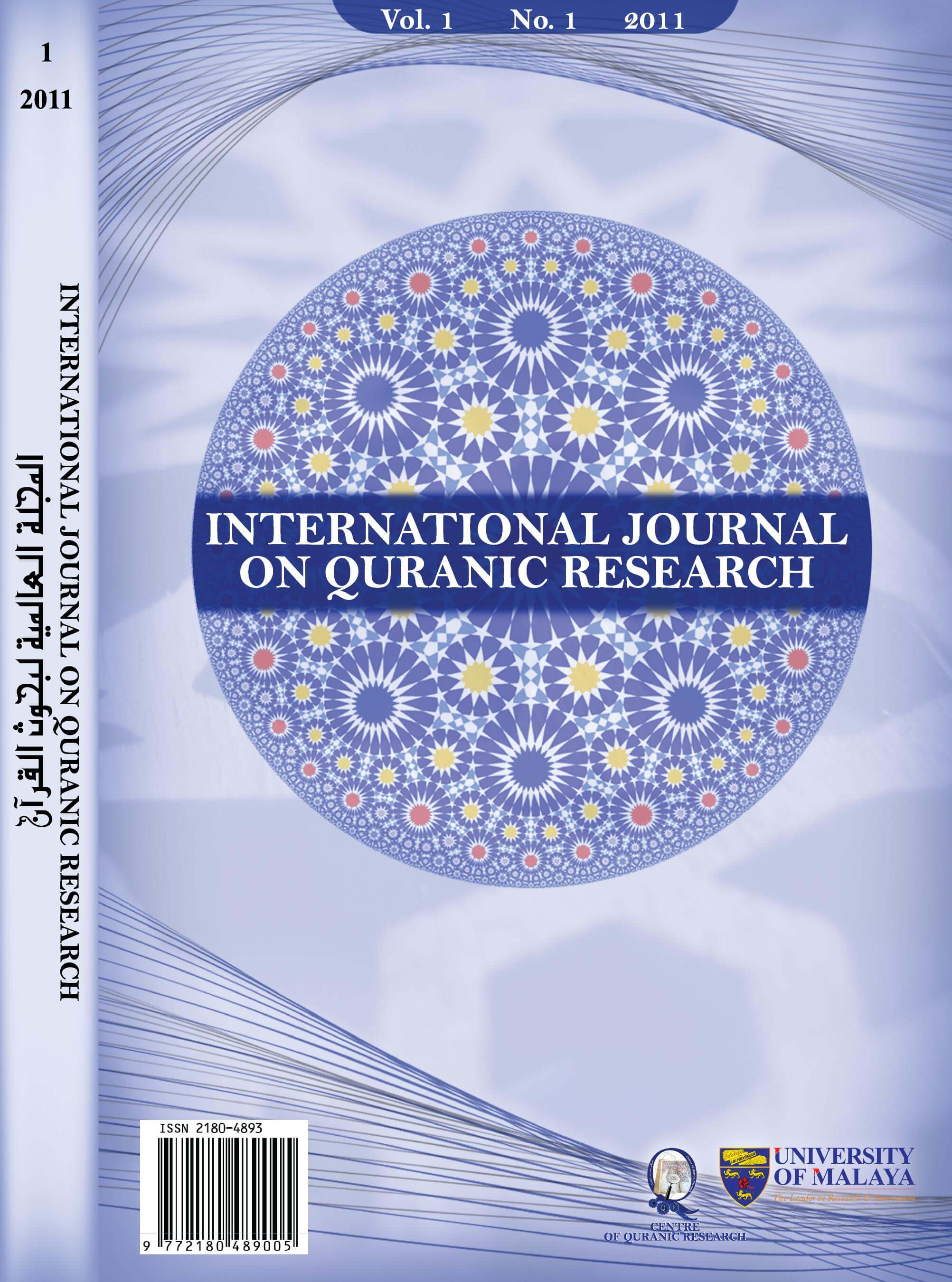Analyzing The Principles of Islamic Jurisprudence for A Normative Framework in Multi Agent Systems
Main Article Content
Abstract
The principles of Islamic Jurisprudence govern the observance of rituals, morals, and social interactions within a community of people. These principles are established to infuse order and promote compliance in actions that relate to mutual interactions between people and their interactions with the Creator. This paper proposes a framework for a community of intelligent software agents, which are much less complex than humans, based on such established structure of governance. We model the framework on rules and norms, where rules define specific conditions of obligation (waajib) and prohibition (haram) and norms are defined as recommended (sunnah), neutrality (mubaah), and disliked (makrooh). We include two agent-motivating elements of reward and penalty based on the tenet (rukn) to enhance the model.
Downloads
Article Details
Disclaimer
QURANICA makes every effort to ensure the accuracy of all its contents. However, opinions, discussions, views and recommendations are expressed in this journal do not necessarily reflect the official policy of QURANICA or views of its editors or publishers. Therefore, QURANICA and its publishers will not be liable for any controversy may be arisen. The journal reserves the right, at its sole discretion, to change its terms and conditions of publications.
Copyright
It is a condition of publication that manuscript submitted to the journal have not been published, accepted for publication, nor simultaneously submitted for publication elsewhere. By submitting a manuscript, the author(s) agrees that copyright for the article is transferred to the publisher, if and when the manuscript is accepted for publication.
